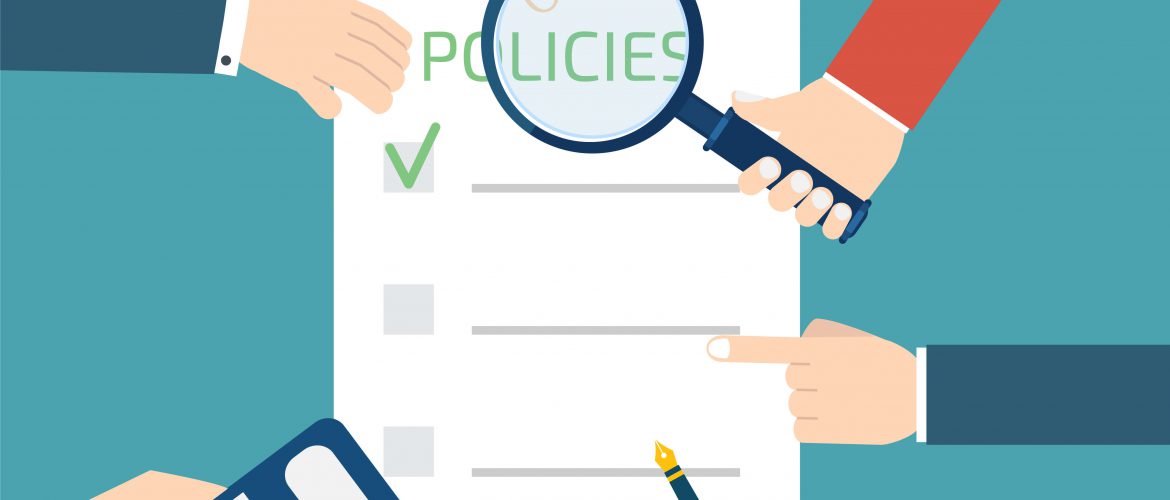Human Trafficking and Healthcare Facilities
Jeannine LeCompte, Compliance Research Specialist
Hospitals and skilled nursing facilities are not known to be hotbeds of human trafficking or human slavery. As a result, staff may wonder what bearing the Trafficking Victim’s Protection Act (TVPA), and the subsequent introduction of obligatory reporting rules, has upon their day-to-day operations.
The TVPA defines human trafficking as a crime involving the exploitation of someone for the purposes of compelled labor or a commercial sex act through the use of force, fraud, or coercion. Although there might be a perception that this type of crime only occurs in nations outside of the US, the reality is, according to official figures, that at least $46.8 billion worth of forced labor takes place in “developed countries,” which includes the US and Europe.
According to the US State Department’s “Trafficking in Persons Report” for 2019, in the Financial Year 2018, the Department of Homeland Security opened 849 investigations related to human trafficking compared to 833 in FY 2017. At the same time, the Department of Justice (DOJ) formally opened 657 human trafficking investigations, a significant decrease from 783 in FY 2017. The Department of Defense reported investigating two human trafficking cases involving US military personnel compared to one in FY 2017.
Of these investigations, the DOJ initiated a total of 230 federal human trafficking prosecutions in FY 2018. Of these prosecutions, 213 involved predominantly sex trafficking and 17 involved predominantly labor trafficking. Convictions were secured against 526 traffickers, and of these, 501 involved predominantly sex trafficking, and 25 involved predominantly labor trafficking.
The instances where the crime of human trafficking has had bearing upon the medical services sector have, so far, been limited to:
- the potential exploitation of employees, particularly lower-level nursing or cleaning staff
- frontline medical staff having to treat victims of human trafficking
With regard to the latter, studies show that the healthcare system is one of the most frequently accessed services by human trafficking victims. Healthcare facility staff need to be aware of the issue, its potential applicability to their facilities, and their legal and reporting obligations.


























